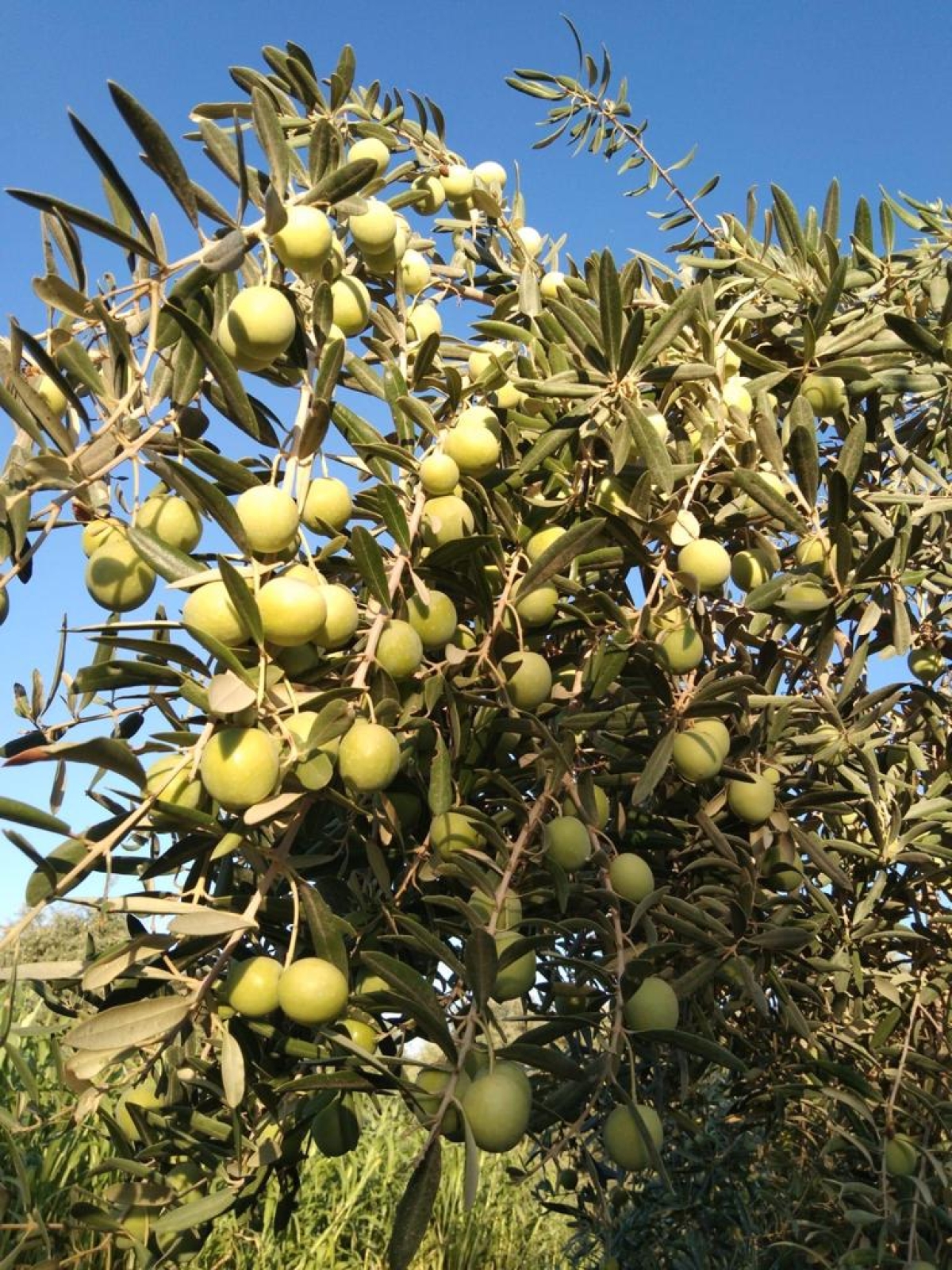نتطلع لثقه عملائنا

Pickling green olives, water and salt (prepared for oxidation)
-
In this publication, we explain the method of receiving and storing green olives that have been oxidized (turning their color to black in the factory through aerobic oxidation)
Remember the steps
- 1- The good and required varieties for oxidation in Egypt are (Manzanillo - Picual - Ajizi - Nepali).
-
2- The fruits are collected in the early ripening phase, which is the time when it is somewhat easier to separate the seed from the meat, so that it is then easier to use it in manufacturing processes such as cellulite and slicing, while avoiding reaching the start of the olive tree.
-
3- It is preferable to make an initial grading of the olive fruits received and to place each gradation separately inside barrels or tanks, or to collect all two successive gradations together when the quantity of olives is low.
-
4- Avoid mixing two items together.
-
6- Preparing the brine, and there are schools, including those who prepare a low-salinity brine solution of 8%, salt and acidity of 0.7%, using concentrated acid of vinegar, and then follow up the concentration of salt and acidity and add the required quantities to ensure that that concentration is maintained.
-
There are those who prepare the solution by preparing a saline solution of 12% salt concentration and 1% acidity as concentrated acetic acid, so that it does not need to be followed up and added again soon.
-
In this step, it is necessary to check the concentration of the saline solution, whether for salt or acidity.
-
7- After the stability of the saline solution in which the olives are placed, and often within two weeks at the latest, calcium chloride can be added at a concentration of 0.4% to ensure that a cohesive texture is maintained for the fruit if it is stored for a very long time and some do not want to add to reduce expenses and I advise in addition.
-
8- It is also preferable to put a preservative (potassium sorbate) at a concentration of 500 parts per million to stop any unwanted fermentation because the purpose of preserving olives is to preserve the bitter substances in it that have a key role in the success of the oxidation process.
-
9- Do not use sodium metabisulfate as a preservative in this method of storing olives.
-
10- Make sure that the barrels are tightly closed, that the olives are covered with the solution, and that there is a net that holds the olives under the solution.









